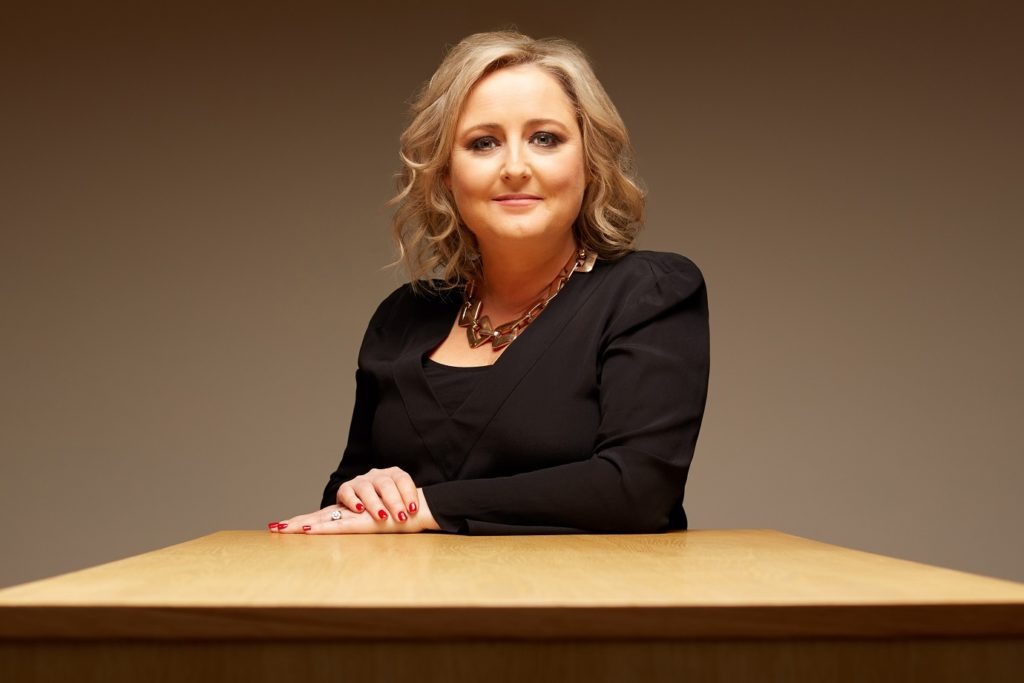Old-school management is outdated.
We know that, but we still see it entrenched in big corporations, organisations and government offices. The handling of the Brittany Higgins case is typical of the management style that no longer serves people. If ministerial-level leaders cannot advocate and speak up for what’s right, how can we call Australia the lucky country?
The sad truth is that in old-school management, women are still regarded as secondary to men. In parliament this is especially true, where only 31.13% of our MPs are women.
Could this be because women have a greater fear of career consequence if they advocate, speak out about, or challenge old-school thinking? Is this perhaps why neither of the two-female led ministerial offices where Brittany worked advocated for her? Whilst it’s an isolated incident, I wonder how we shift the old-school management paradigm for a better world.
It’s time for change, whereby human-centric, empathetic leadership replaces those old insensitive practices.
This year the theme for International Women’s Day, “Choose To Challenge” could not have had better timing. One of the less obvious reasons for the lack of women in leadership is that our priorities are different. We put people first; we’re strong in communication and relationship building. We’re strong in support and nurturing. We’re also strong in all those traditional leadership skills like strategic planning and decision making, although we approach them differently. We excel in emotional intelligence.
The heart of human-centred leadership is empathy, influence, communication and relationship building, in both formal and informal ways. It’s about listening to each other and paying attention to what’s said. It’s about asking questions and gathering information instead of giving instructions.
Way back in 2007, people started talking about human-centred leadership as the way forward. In 2012, Harvard Business Review published an article saying, “Traditional corporate communication must give way to a process that is more dynamic and more sophisticated. Most important, that process must be conversational.” Yet here we are in 2021, still having the same conversation.’
The pandemic made it quite clear that people are the critical components of our organisations, not the tools or systems old management has long focused on. Boards and senior leaders have begun to acknowledge this, so now is the perfect time for women to put their skills to work. And let’s get those switched-on men aboard too.
If our ministerial leaders handled Brittney Higgins’ allegations with a more compassionate, human-centric approach, we’d see less victim-blaming rhetoric and more accountability. There’d be no behind-the-scenes secrets. The traumatic event would have been handled with sensitivity instead of causing more inexcusable damage.
How many times have you seen someone hurt or careers destroyed by old school practices when human-centred leadership could have saved the day?
It’s time for action – we ALL must do better. Let’s use International Women’s Day as our line in the sand.


